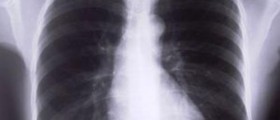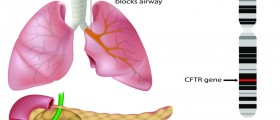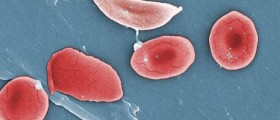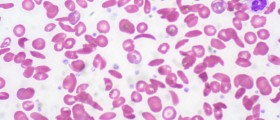
What is cystic fibrosis?
Almost every person has heard of cystic fibrosis but not everyone knows what exactly it is. People need to know that it is an inherited disease of the secretory glands. People should also know that the glands that make the mucus and sweat are also included. A child with cystic fibrosis has inherited two faulty cystic fibrosis genes, one from each parent. It is more common that the parents themselves do not suffer from the disease. In most cases of this disease, it is the lungs, pancreas, sinuses, intestines and sex organs that are that are hit the most. It is normal for the mucus to be slippery and watery but people with cystic fibrosis have mucus that is thick and sticky. That mucus is highly likely to block the airways when it builds up. When there is mucus, it is easier for the bacteria to grow. When that occurs, a person will suffer from repeated and in some cases serious lung infections. Apart from the air tubes, the mucus is highly likely to block the tubes in the pancreas as well. When that happens, the digestive enzymes cannot reach the small intestine. In these situations people often suffer from vitamin deficiency and malnutrition because the intestines are unable to fully absorb fats and proteins.A person with this disease will suffer from highly salty sweat and will lose a lot of salt when he or she sweats. When that happens, dehydration, increased heart rate and weakness are only some of the problems that may occur. Children with cystic fibrosis have a greater chance of suffering from diabetes or osteoporosis due to the disease.
Causes
Cystic fibrosis is caused by a defect in a particular gene. That gene is the CFTR gene. This gene is responsible for the making of protein and the movement of salt and water and if a person has the disease, the gene will make protein that does not work.
Treatment
People need to know that there is no known cure for cystic fibrosis. However, treatment plans are getting better. Their main goals are to prevent and control lung infections, remove the thick mucus from the lungs, prevent blockages in the intestines, provide enough nutrition and prevent dehydration. The severity of the disease will determine whether the child will be treated in a hospital or not. In some cases there is even the need for the specialist to be involved in the treatment process. People should also know that chest physical therapy and exercise are important parts of the treatment plan. It is also not uncommon for people to be prescribed with certain medications.

















Your thoughts on this
Loading...